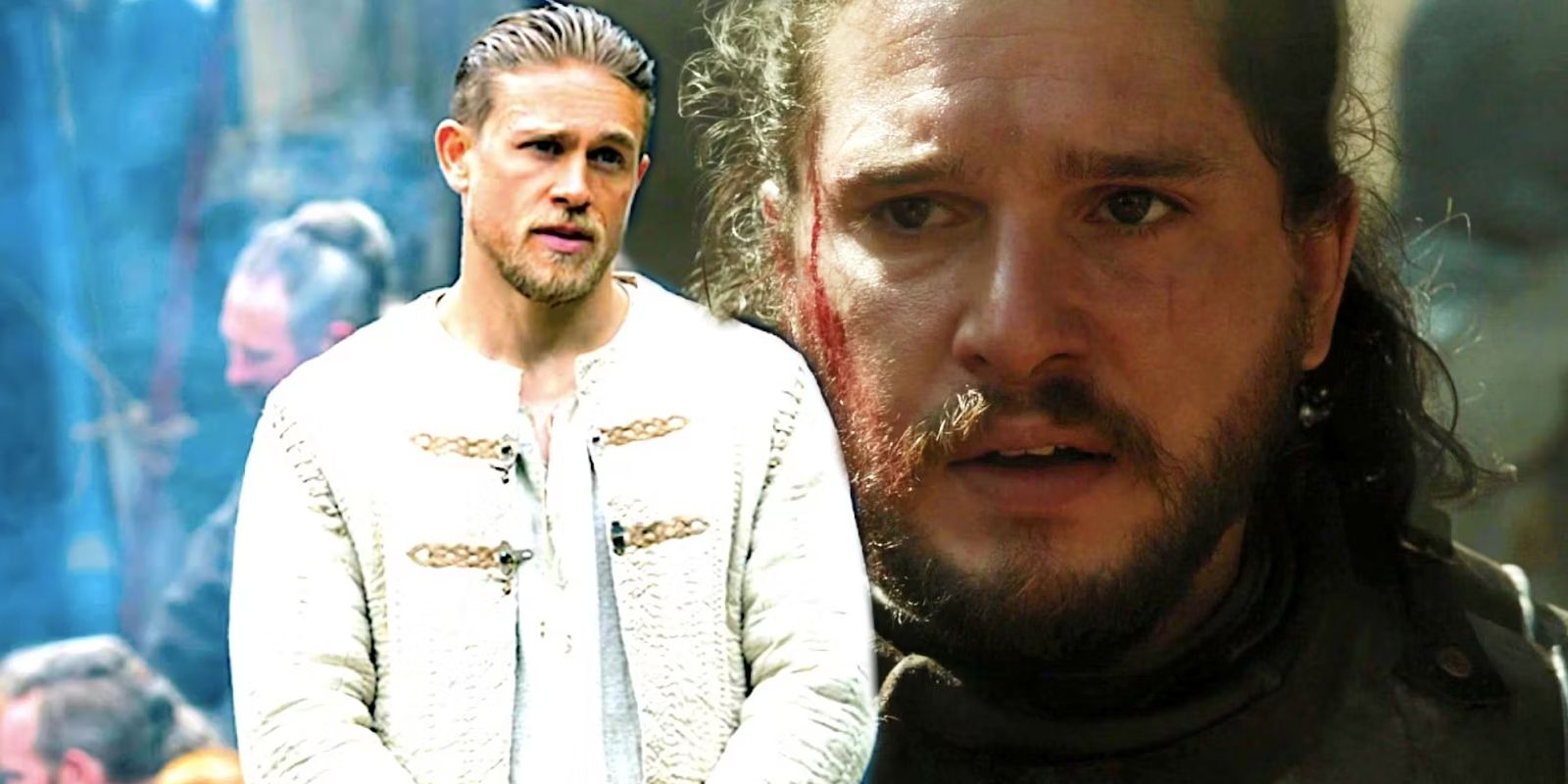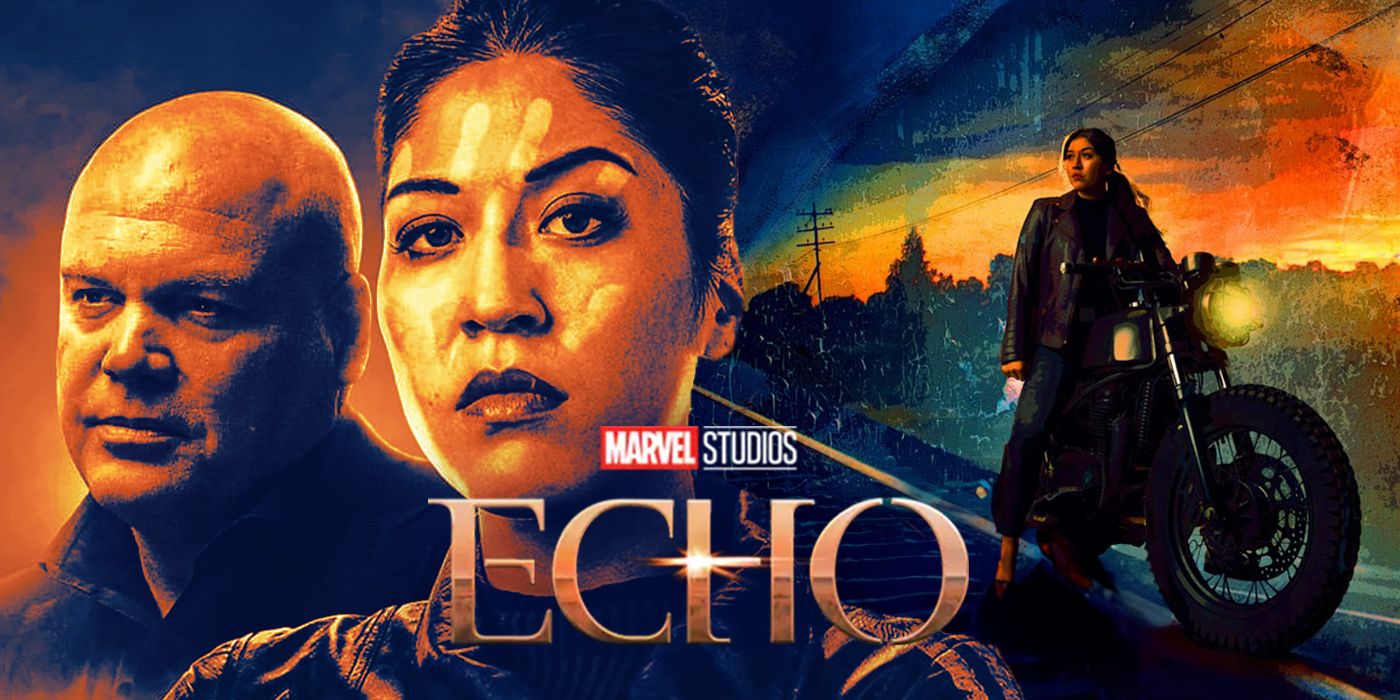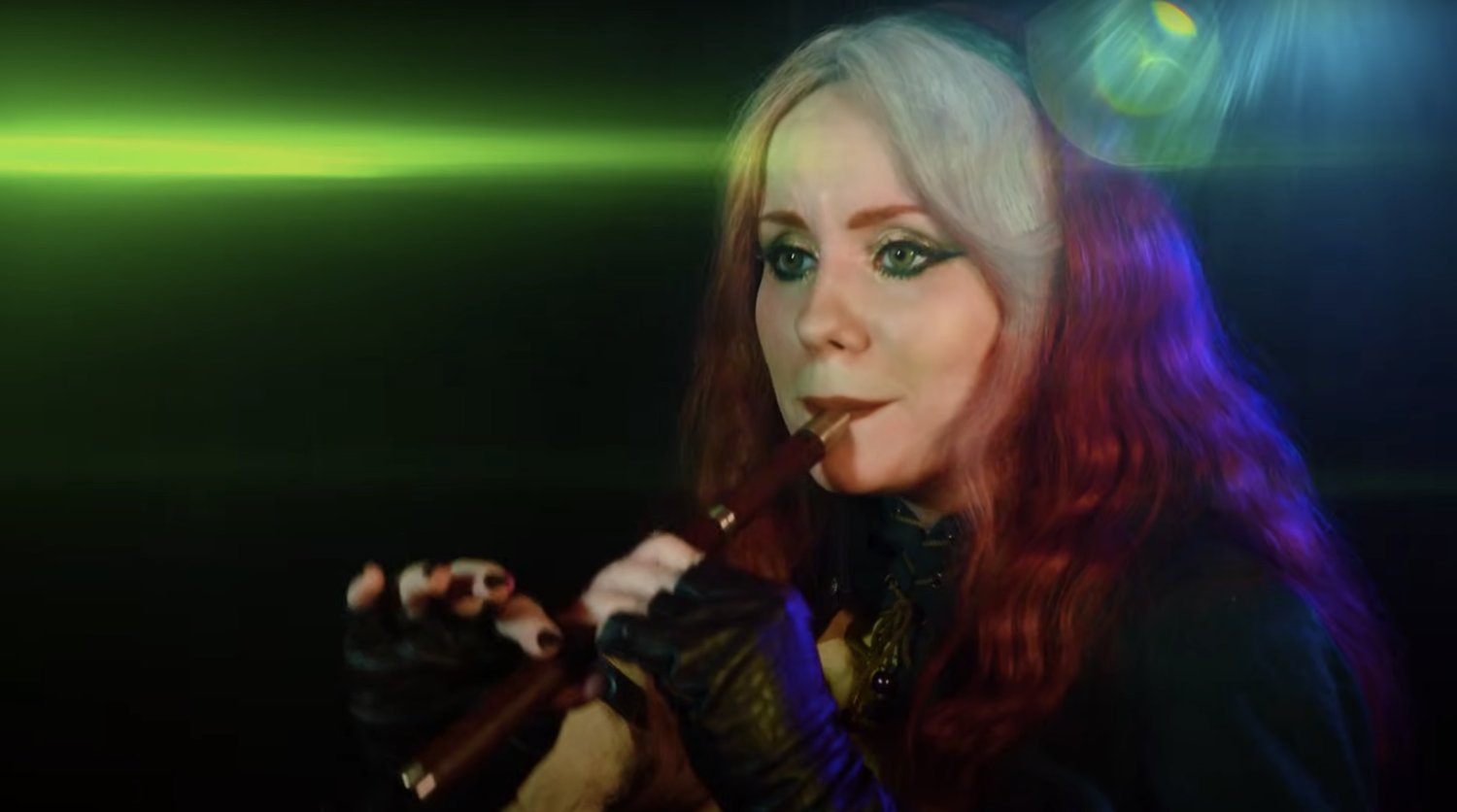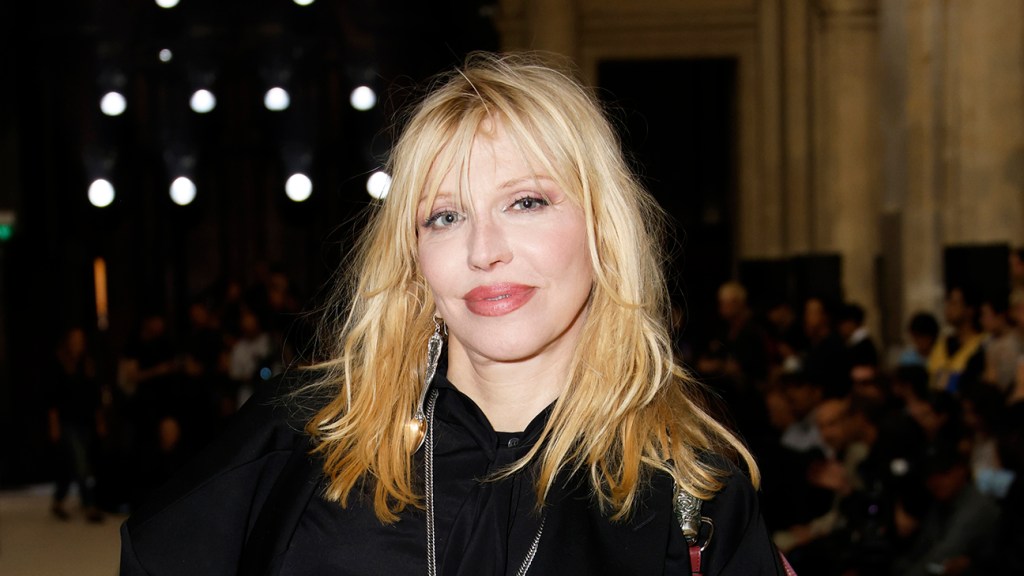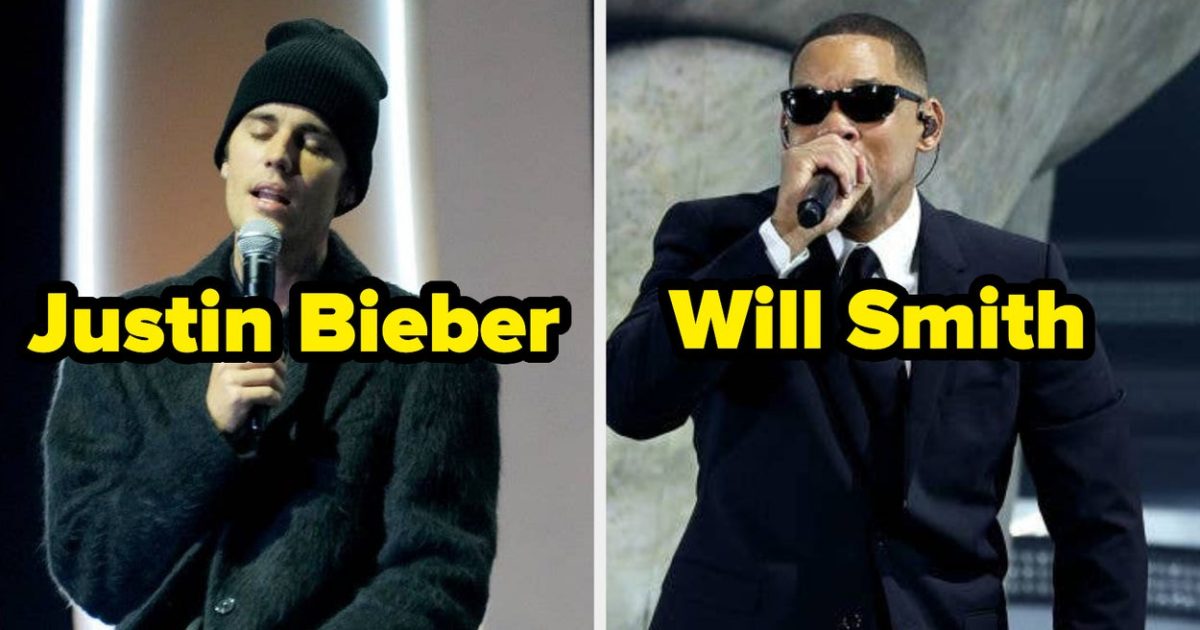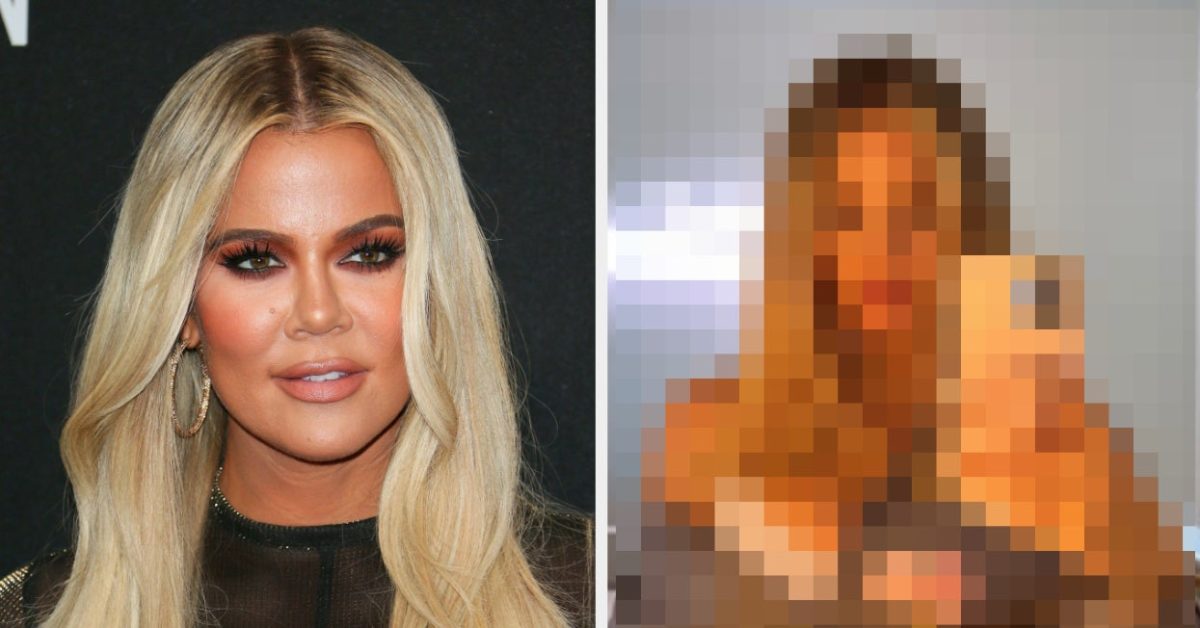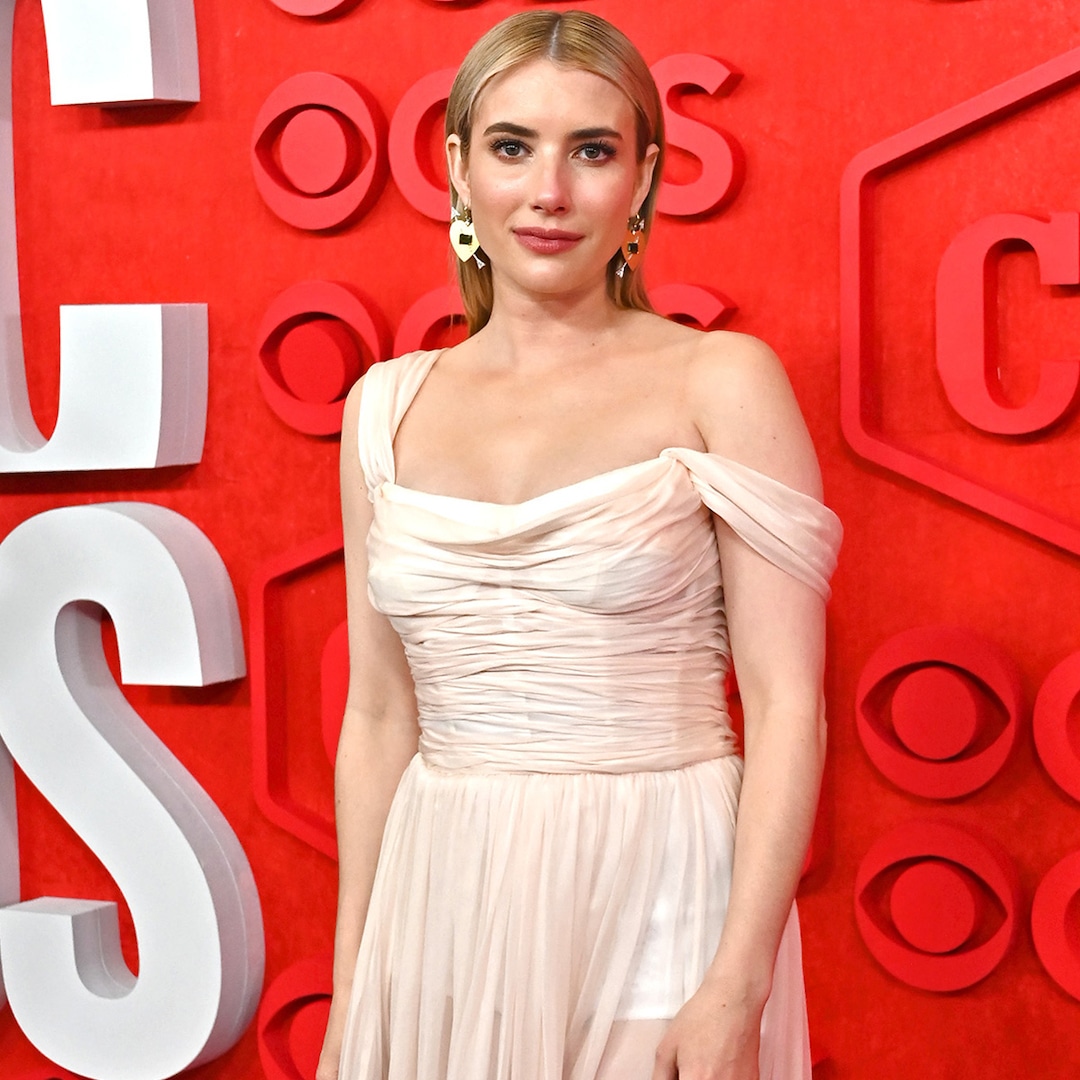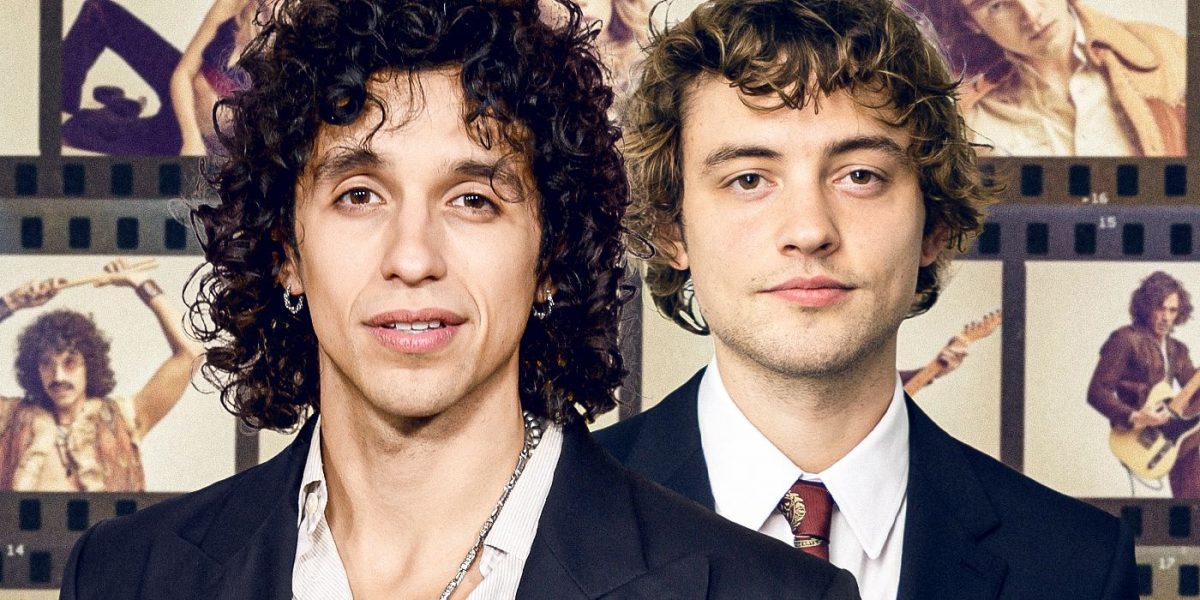
‘Daisy Jones & The Six’s Josh Whitehouse and Sebastian Chacon on Band Bonds
Mar 19, 2023
[Editor’s note: The following contains some spoilers for Daisy Jones & The Six.]Based on the best-selling novel of the same name from Taylor Jenkins Reid, the Amazon Studios/Hello Sunshine series Daisy Jones & The Six tells the story of the meteoric rise and crash-and-burn implosion of the iconic 1970s band, fronted by Daisy Jones (Riley Keough) and Billy Dunne (Sam Claflin). The two charismatic singers are brought together to explore their shared love of music, but while their combined artistry is magic, their personalities clash, becoming toxic for everyone around them and eventually tearing them apart. As their story is recounted directly by the band, through their personal truths and the songs that defined them, you’ll learn how desire and determination, and fame and success, can’t always overcome it all.
During this interview with Collider, co-stars Josh Whitehouse (who plays bassist Eddie Roundtree) and Sebastian Chacon (who plays drummer Warren Rojas) talked about whether it’s drummers or bass players that get picked on more, what they did to prepare for their roles, bonding as a band, and shooting the big Soldier Field concert.
Collider: Sebastian, we hear jokes about drummers, who are often the most picked on member of the band. Did you feel any of that, even just playing a drummer, or do you feel like this guy and you, as the actor, got more respect than drummers typically tend to receive?
SEBASTIAN CHACON: I’m gonna have to disagree with you there. I think the bassist gets picked on more than the drummer. As the drummer, I’m in my universe on a platform. I’m surrounded by dangerous cymbals and I have two weapons (the drumsticks) in my hands. No way. If you wanna come towards me, you’re gonna have to enter my world. I think drummers are the strong silent type. Drummers are always the wild man. Who’s gonna mess with Animal?
Image via Prime Video
In doing a project like this, when you’re adapting a book that people love and that has this built-in fan base, outside the script itself, does that book become something of a bible for you while you’re prepping, or did it work better for you to instead look more at bands and musicians, and just this era, in general?
JOSH WHITEHOUSE: For me, that was my route, really. I was looking a lot at documentaries and performances, and just very generally, as well, trying to absorb and take in a bass player’s stance and physicality while they were playing. I hadn’t read the book before I got the show. I read it as I got the show. And then, during filming, I would occasionally pop it on as an audiobook and just have it be on. I was just listening for little gems and little nuggets of information. But I wouldn’t say it was so much a bible because I wanted the experience to just exist around me. The people who were higher up, creating this show, did such a great job of encapsulating that world that I just wanted to trust in that.
CHACON: The book exists on its own and is amazing piece that Taylor [Jenkins Reid] created, but our show exists on its own, as well. Warren, in the book, is a little different. I remember, early on, I was like, “How many Latin musicians are there in a white American band?,” and there’s none. Maybe in the eighties, they were in a couple of bands, here and there, like New York Dolls, but it’s not that common. And so, I was like, “How do I make that a part of this?” I tried to wear Fania All-Stars t-shirts and some Indigenous jewelry. Without making that the whole story of the character, it was different in a way that I wanted to bring the forefront, as much as possible.
Before you were even cast in this role, was that change something you knew they were open to, or was that something that happened once you were cast?
CHACON: I remember I got a message from my manager that was like, “Hey, you play the drums, right?” And I was like, “Yeah, why?” I was one of the last people to be cast, so everyone else was already at band camp. I was doing another show in L.A., and I came in and played at Sound City. And then, it was like, “Oh, we’re doing this?” And the next week, I was in rehearsals. We just had to create it as fully and quickly as possible.
Image via Prime Video
What was it like to feel that transition, from actors who had been hired to play these characters, to actually feeling like a band? Was there one moment when that happened, or was it more gradual than that?
CHACON: It was when we did the Sound City show.
WHITEHOUSE: Yeah. We spent so long together. We initially had three months before we started filming, where we were in band camp, and we were rehearsing music and learning the part as quick as we could. Sam [Claflin] came in quite close to the middle of that. He didn’t play the guitar, at that point. Riley [Keough] didn’t play the guitar. They weren’t really singers. Suki [Waterhouse] didn’t really play the keys. We had this whole period where everybody was learning. We had three months to do it, and we were supposed to be learning an entire album. It was crazy, really. And in a twist of fate, the pandemic hit and it gave us another two years, pretty much, of learning together and being in touch with one another over Zoom. I feel like, over that time, there was just so much chemistry, and friendship and familial aspects came into our world together.
CHACON: At some point in that time frame, our attention also shifted. Initially, they were like, “We wanna make you look like a really great band and look like good musicians.” And then, it became, “Well, actually, let’s just make you into good musicians.” It went from, “Oh, I can hit all these notes,” to “How can I hit these notes, in a way that looks absolutely effortless?”
WHITEHOUSE: By the very end of the show, shooting episodes 9 and 10, when we were in our biggest rock star stage, there was a point when it felt like we all really, truly just looked around and locked in. As the show progressed, it was almost chronological, and real life imitated art while art imitated life. As the band came into their final moments, I feel like we, as actors, did as well.
Josh, was it ever difficult to be the one that’s always feelings slighted and who always has tension with the rest of the band because he just wants more than where he’s at?
WHITEHOUSE: Personally, I loved that. It wasn’t challenging to me. That gave me something to play with. It made me always have a focus, in understanding the psychology of Eddie and why he’s come to be feeling like that. I was using the scenes to see how I’m being slighted, and to see what can annoy me, and to see what can upset me, or to see how I’m feeling unjustly wronged.
CHACON: Will [Harrison] and Suki have their dynamic. And then, Sam and Riley obviously have their dynamic. And then, the bass and drums have their dynamic. You see us be complete opposites, and yet we’re as tight as could possibly be.
WHITEHOUSE: Tweedle Dee and Tweedle Dumb.
Image via Prime Video
Sebastian, what was it like to play the guy who was the most well-adjusted? By the end, he’s still happy about everything.
CHACON: There was a note in the script that I thought was hilarious, that said, “Eddie comes out with a black eye. Everybody’s all messed up. Warren’s not smiling. What’s going on?” Between takes, I’d be doing pushups and running around, trying to get my energy up. Even if everything was really down in the dumps, I was like, “Is everything not okay? I thought everything was cool.”
When you were shooting that big Soldier Field concert, did you ever have a moment when you thought to yourself, “Why did I decide to be an actor, when I could have been a rock star?” What was it like to be on stage for that?
CHACON: I think about this all the time. Being a musician takes a lot of effort, and a lot of practice in little rooms, and playing in bars with nobody in them, and just really dedicating yourself to that. As an actor, getting the opportunity to cut the line and just pretend to be a big rock star, at the peak of your career, is such a gift. I had to do a small fraction of the actual work necessary. But then, in those last days, we were doing all night shoots, just playing through every song. It felt like we were just doing the thing, and it looks like that on screen, as well.
WHITEHOUSE: I don’t necessarily think it was much of a choice, of should I be an actor or should I be a rock star? In life, fate falls and luck falls, and all a matter of where you are, what you’re doing, and how lucky you get. I’ve wanted to be involved in music my whole life, but having the opportunity to play this character and be in this band, it was just fantastic.
Daisy Jones & The Six is available to stream at Prime Video.
Publisher: Source link
Olivia Rodrigo Joined No Doubt, And Many, Many Other Artists Had Surprise Cameos At Coachella 2024
This year had some of the best surprise guests.View Entire Post › Disclaimer: This story is auto-aggregated by a computer program and has not been created or edited by filmibee.Publisher: Source link
Apr 18, 2024
Cute Kate Spade Mother’s Day Gifts That’ll Make You the Favorite
We independently selected these deals and products because we love them, and we think you might like them at these prices. E! has affiliate relationships, so we may get a commission if you purchase something through our links. Items are…
Apr 18, 2024
Khloé Kardashian Just Cut Her Hair The Shortest I've Seen In A While
It's the perfect warm weather cut.View Entire Post › Disclaimer: This story is auto-aggregated by a computer program and has not been created or edited by filmibee.Publisher: Source link
Apr 17, 2024
See Inside Emma Roberts’ “Storybook” Home
Just one look inside Emma Roberts' home, and you may be left screaming with delight. The Scream Queens alum recently opened the doors to the Los Angeles pad she shares with her 3-year-old son Rhodes. "What I love about this house is it speaks…
Apr 17, 2024
